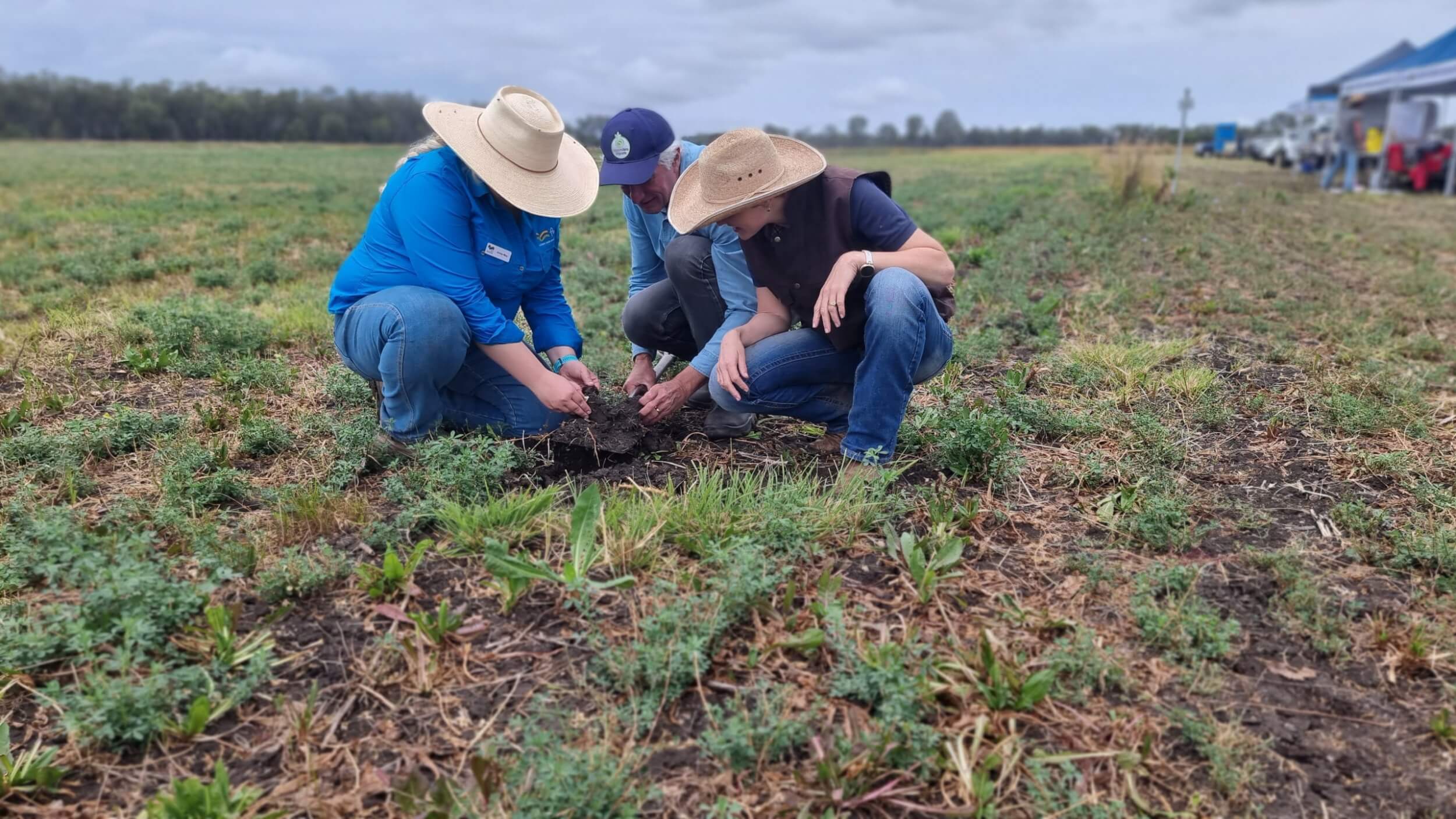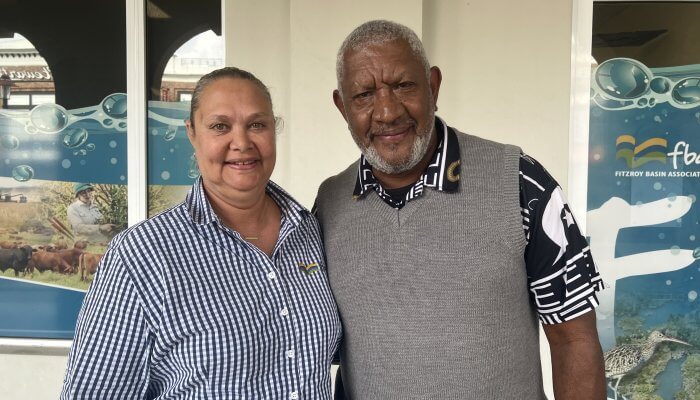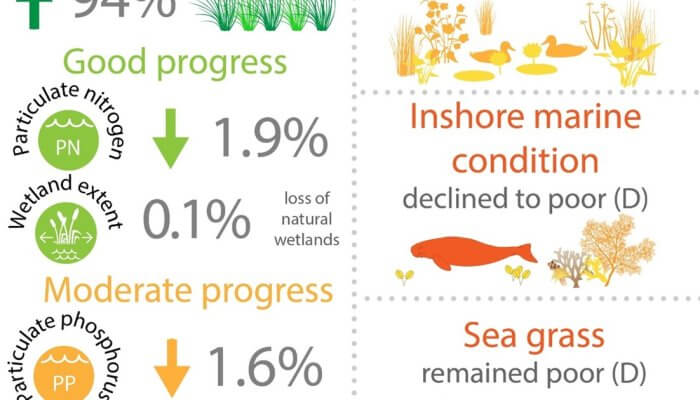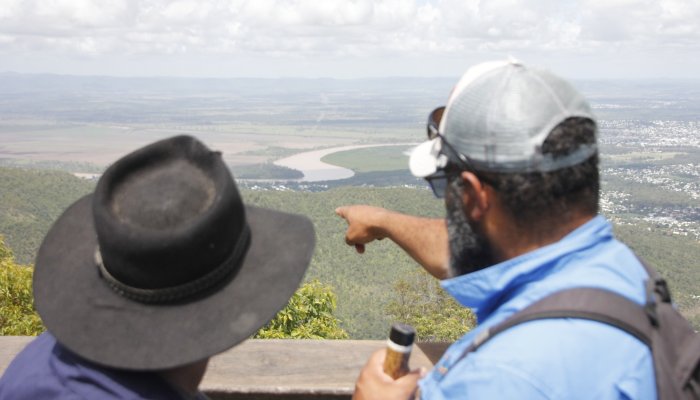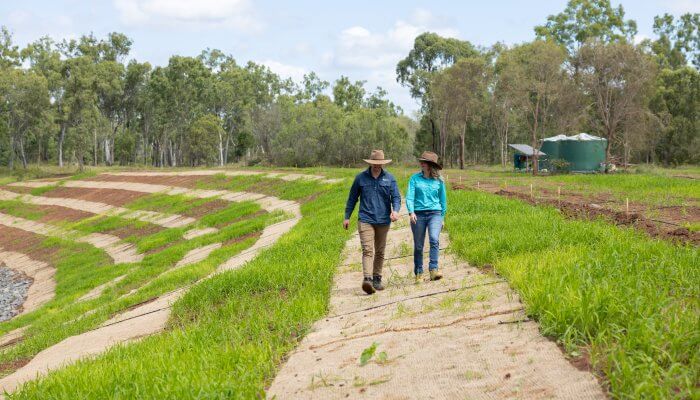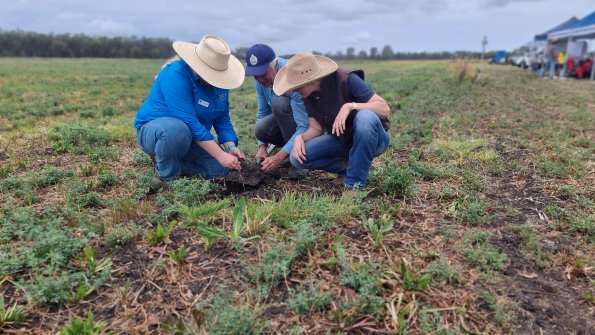
Lake Pleasant – Building Drought Resilience
Posted on February 14th, 2023
At the end of 2020, Justine and Matt McLeod’s property, Lake Pleasant became the home of a large-scale soil experiment that hopes to change the future of farming by focusing on drought resilience.
Experimenting with 96 plots, the trial is monitoring the impact of different rates of organic changes, fertilisers and plant species by tracking soil health, water efficiency, plant health, yield and profitability.
Through this monitoring the experiment will compare the profitability of conventional and regenerative farming methods while also measuring the changes in soil health and yield. Ultimatlely the trial hopes to find solutions that decrease reliance on water and artificial inputs while sustaining profits.
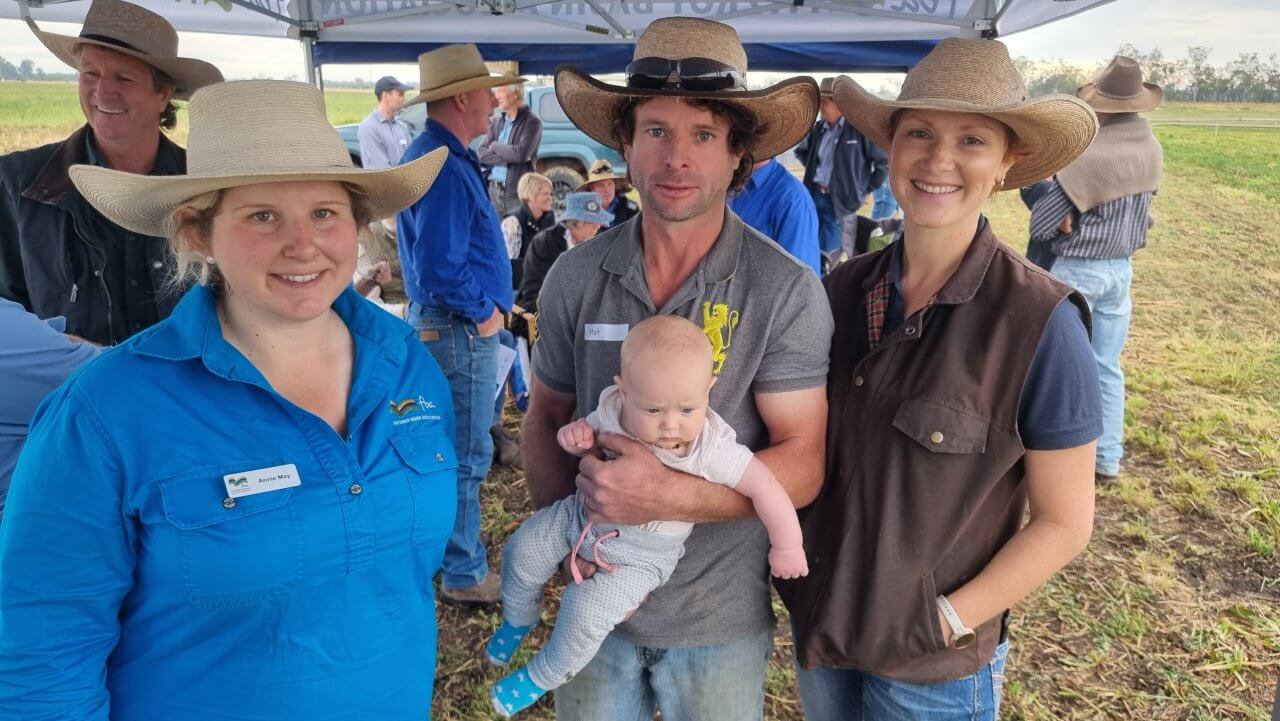
“Justine and Matt’s
willingness to open
their property to this
experiment, industry
experts and the wider
community highlights
the passion of CQ
producers. It’s very
inspiring to be a
part of,”
Annie May
FBA Land Management Officer
Matt and Justine had owned Lake Pleasant for roughly two years when they started looking into soil health.
What started out as curiosity turned into attending multiple Fitzroy Basin Association (FBA) workshops and field days and a heap of research. FBA works closely with land managers in the Fitzroy region to promote sustainable agriculture through supporting and teaching best practice land management.
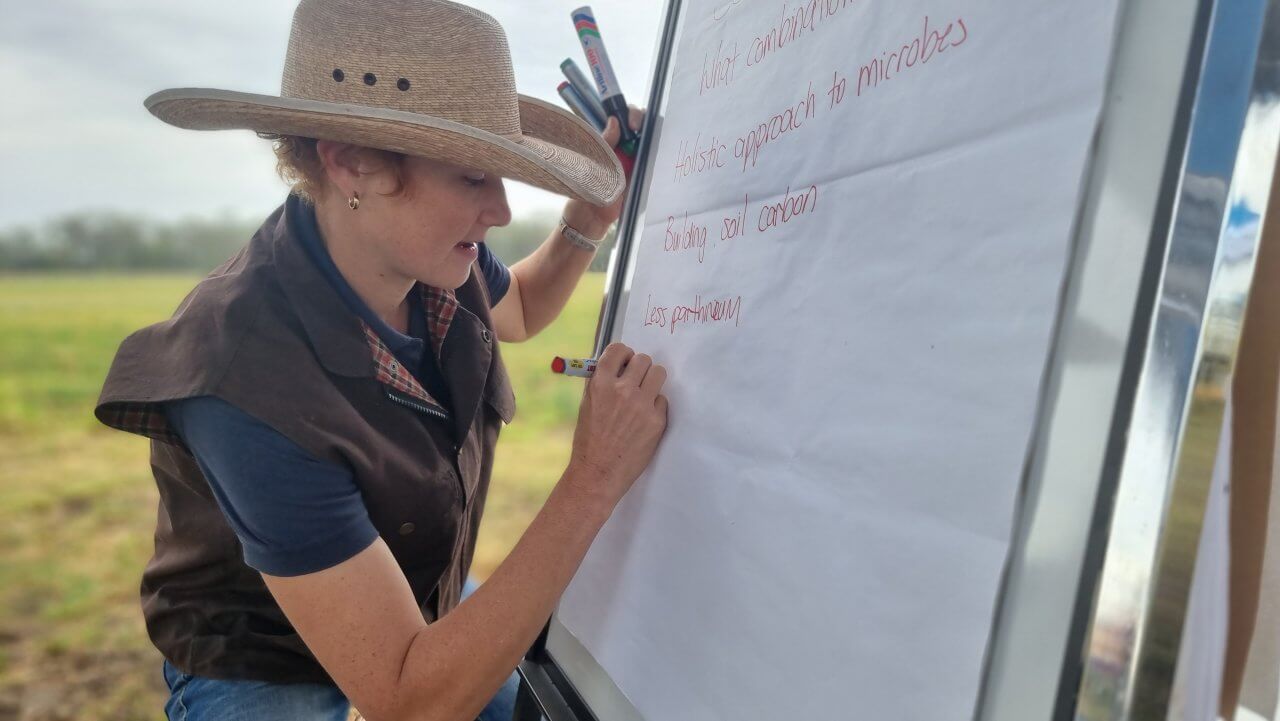
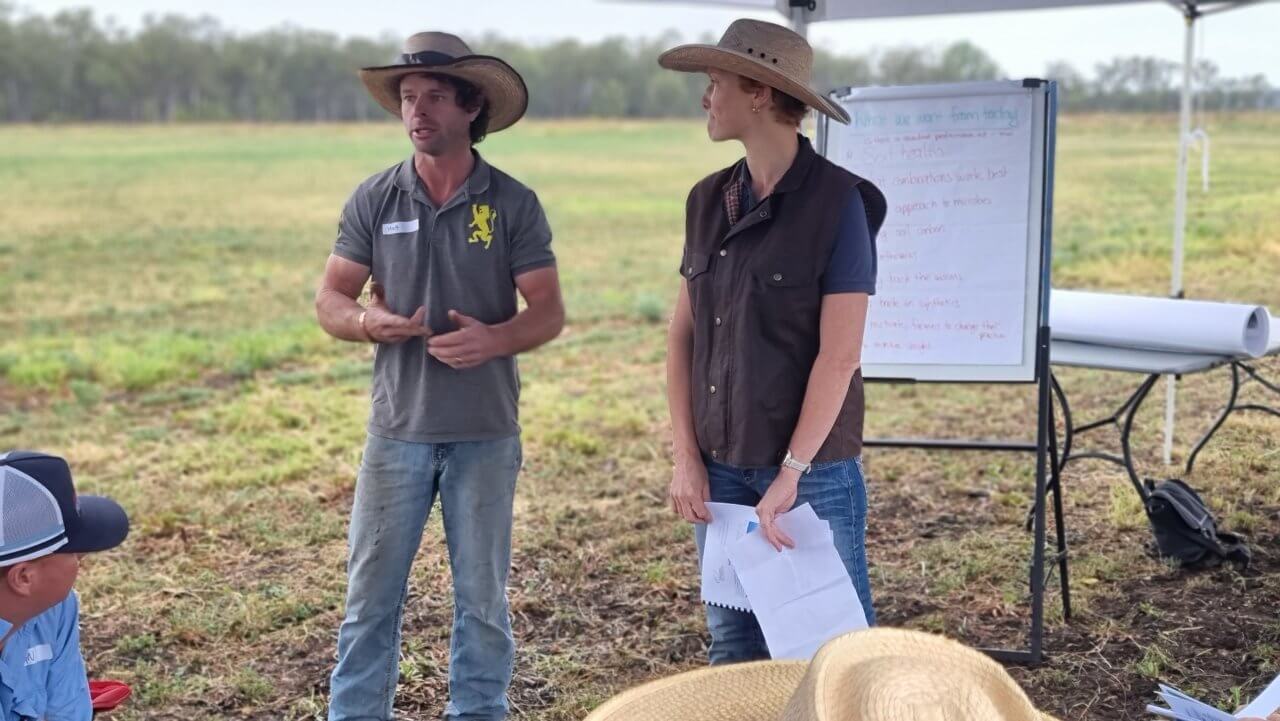
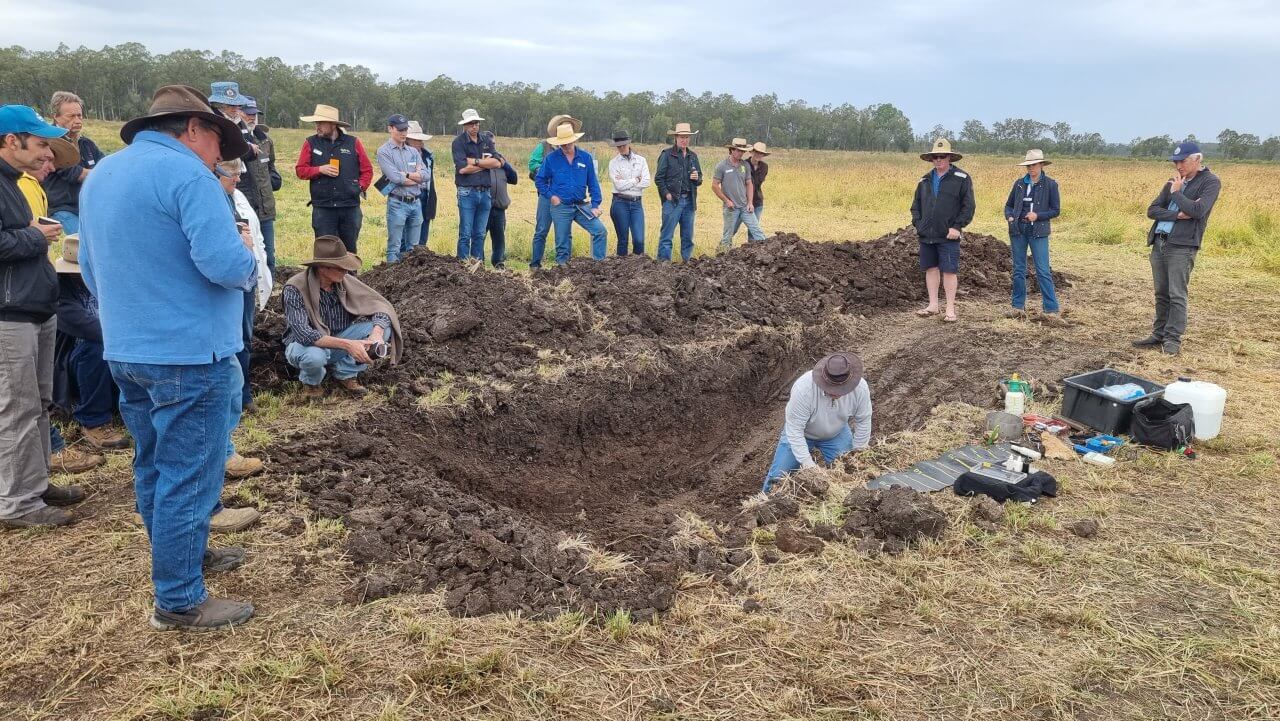
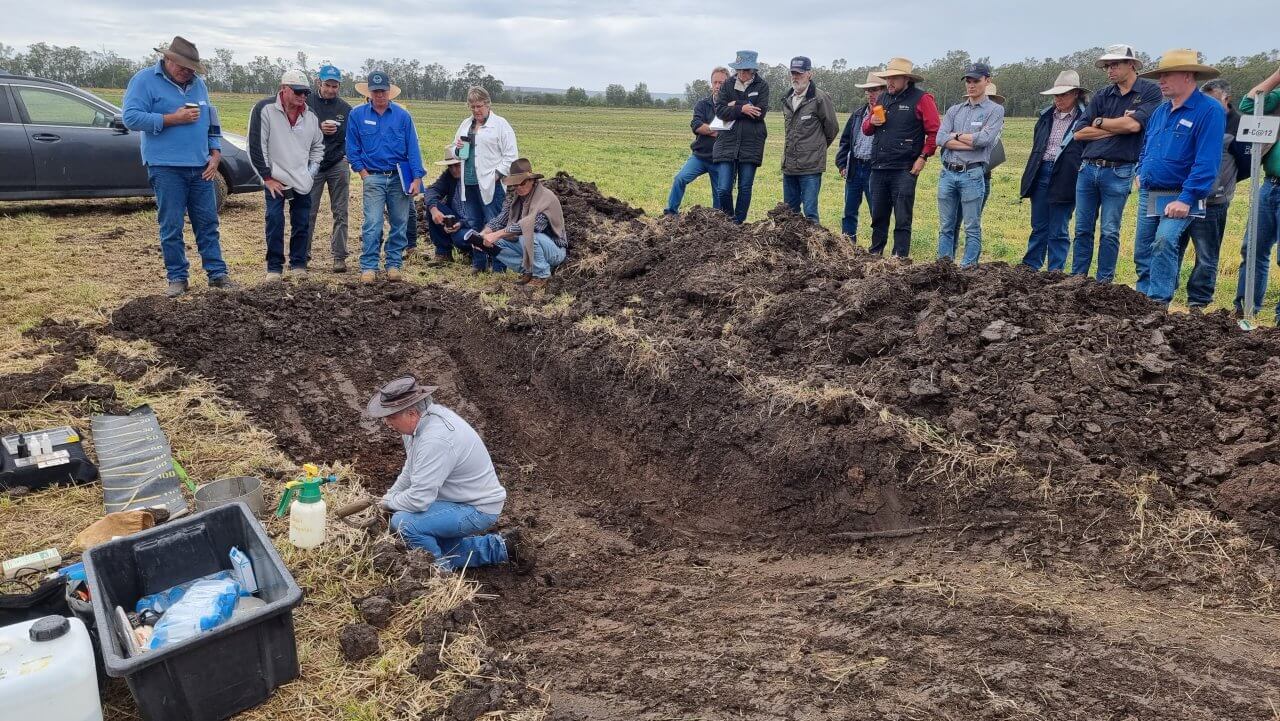
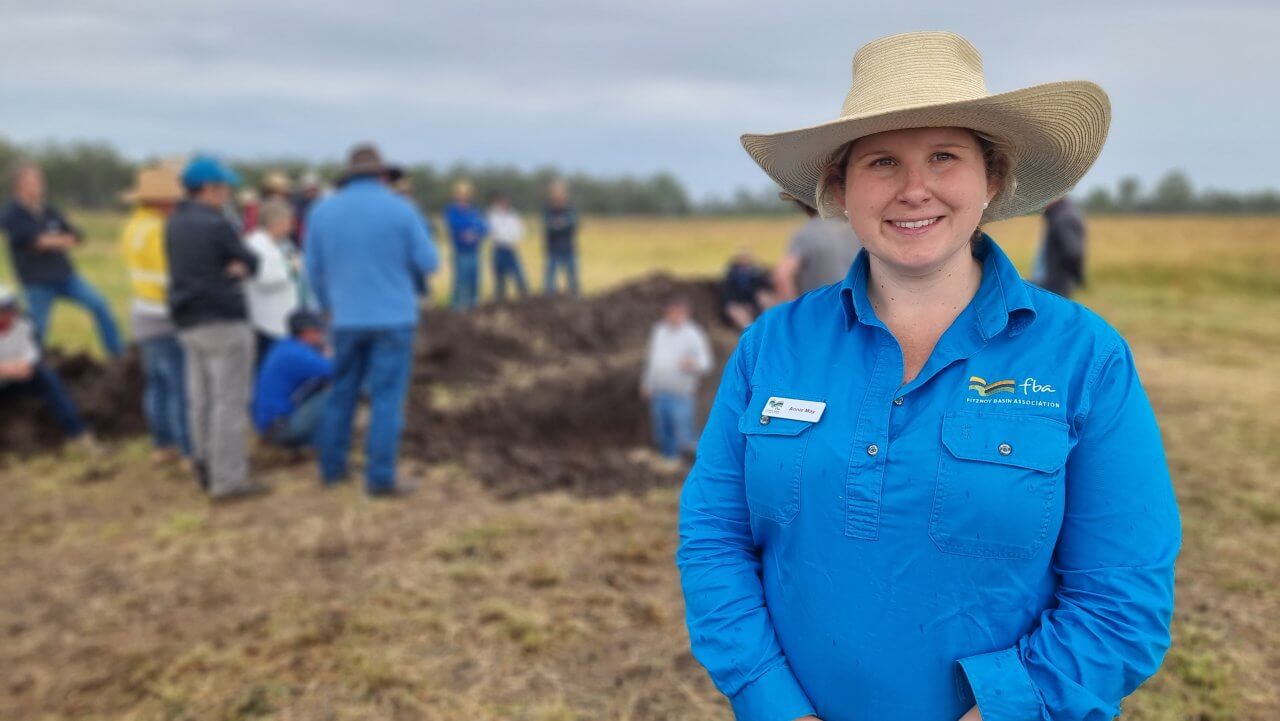
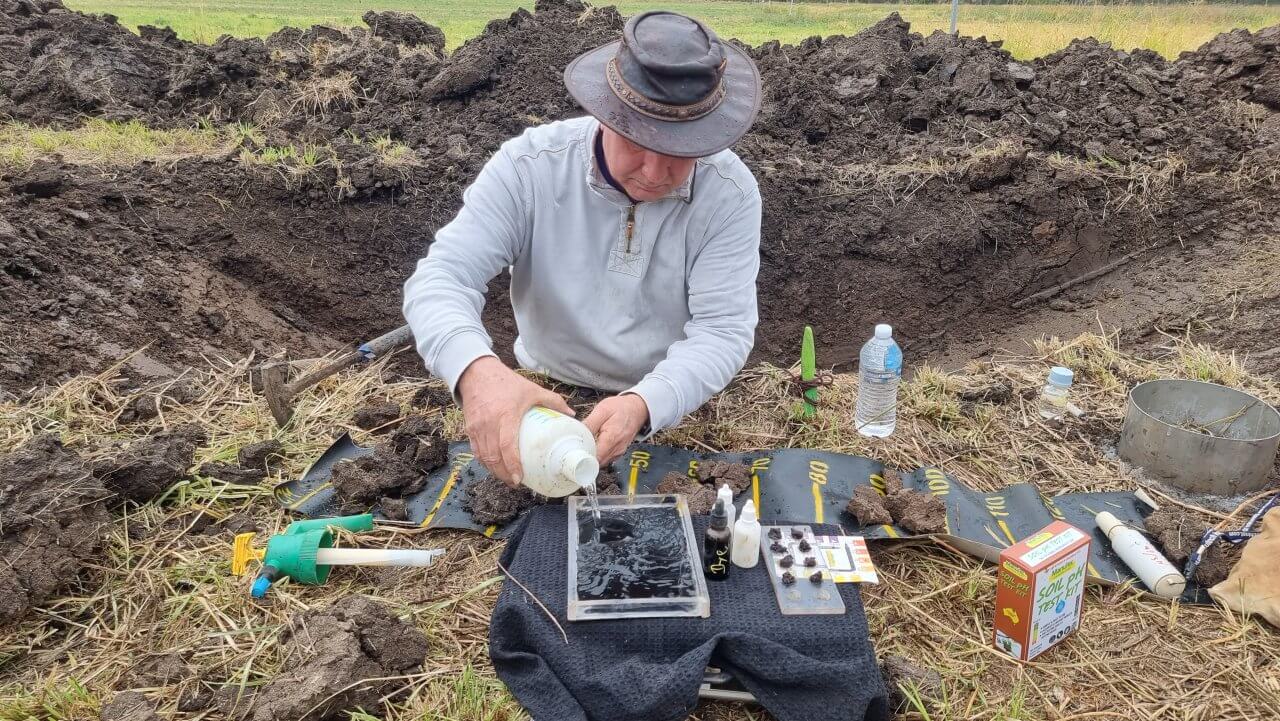
“The United Nations data shows that in the next 60 years we will face topsoil shortages due
to erosion. If that happens we cannot farm viably. We’ve talked to other farmers and every year
they have to put more and more on their paddocks just to get the same yield out. You can only do
that for so long before the soil just gives up. We started looking at the soil and learning more
and more about it, the more we learned the more passionate we became which lead us to this
trial,” said Justine.
Justine continued, “we secured a grant from the Australian Government’s Future Drought Fund
to help us improve drought resilience plans for the property and that’s where this huge trial started”.
FBA supported the McLeods with their funding application and FBA’s Land Management Officer Annie May has provided invaluable support throughout the trial. There have been three well attended field days open to land managers.
“It has been incredible working with the McLeod’s who are not only passionate about finding solutions but also willing to share these findings with the community and other land managers,” said Annie.
Matt noted one of the biggest observations from the trial so far has been the success of multi-species paddocks.
“Multi-species has shown it is by far more drought resilient than monoculture paddocks. Multi-species retains more water in the soil but also takes a lot less water to grow a crop,” said Matt.
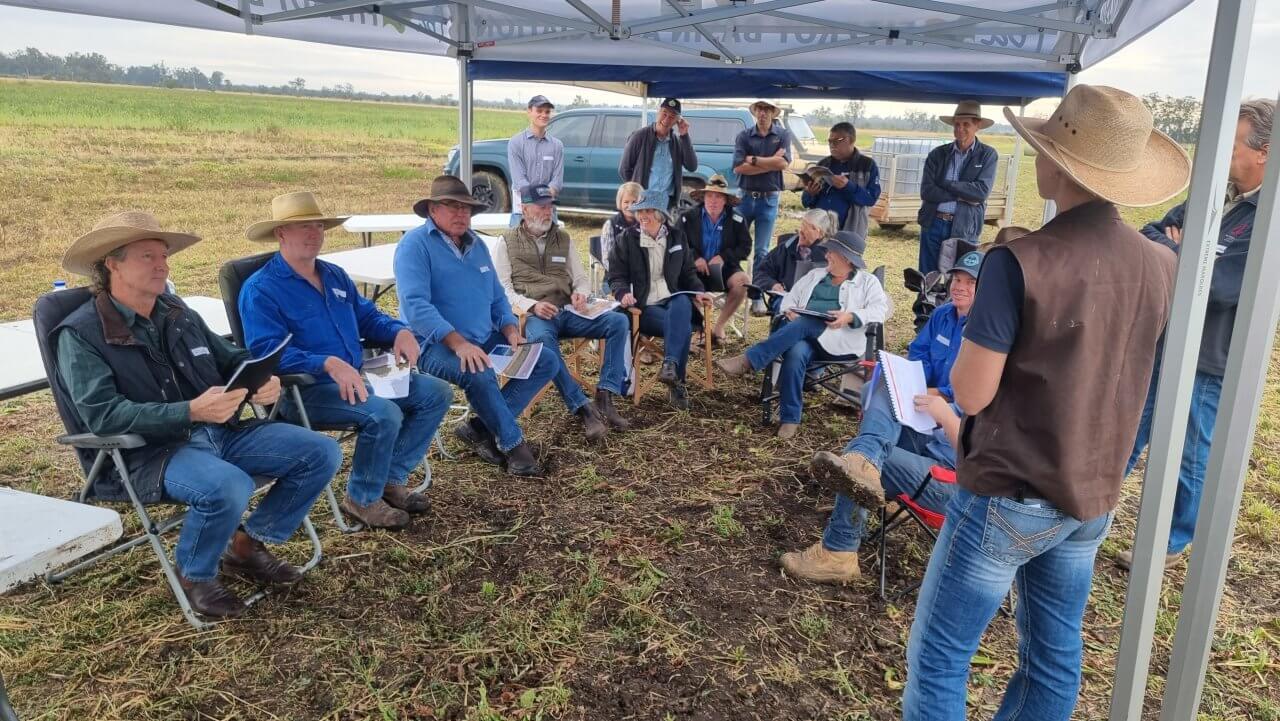
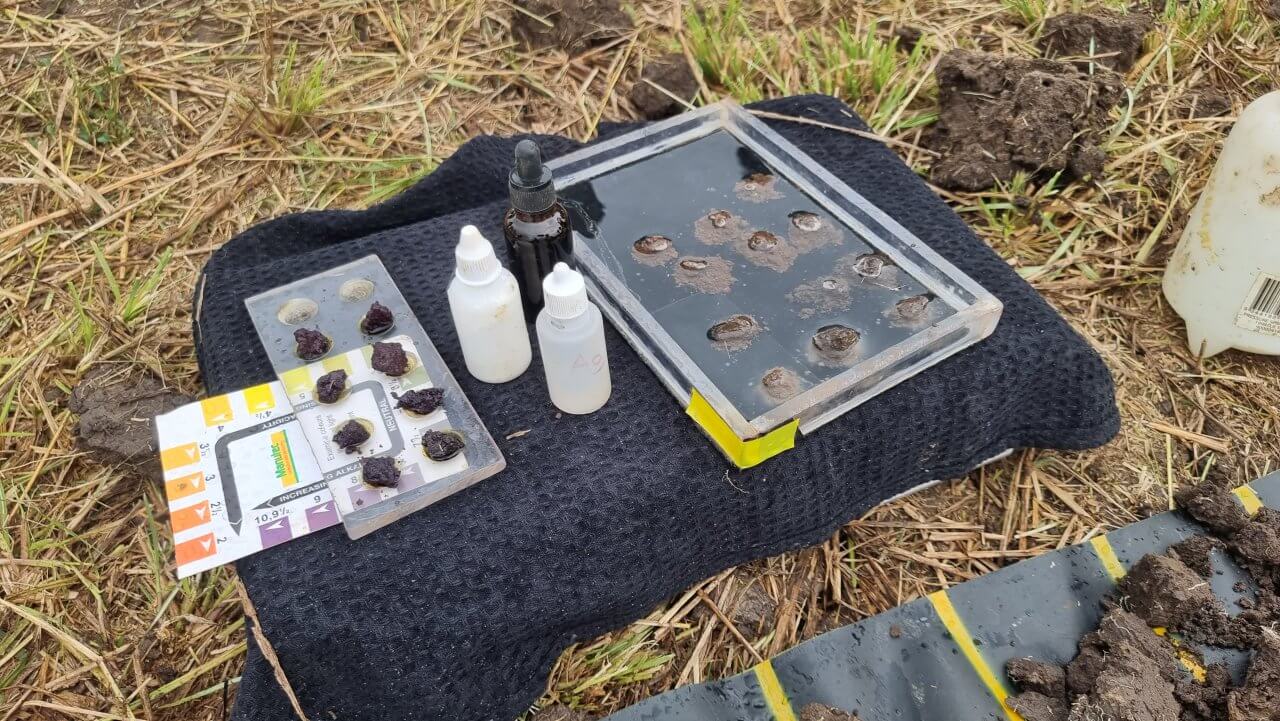
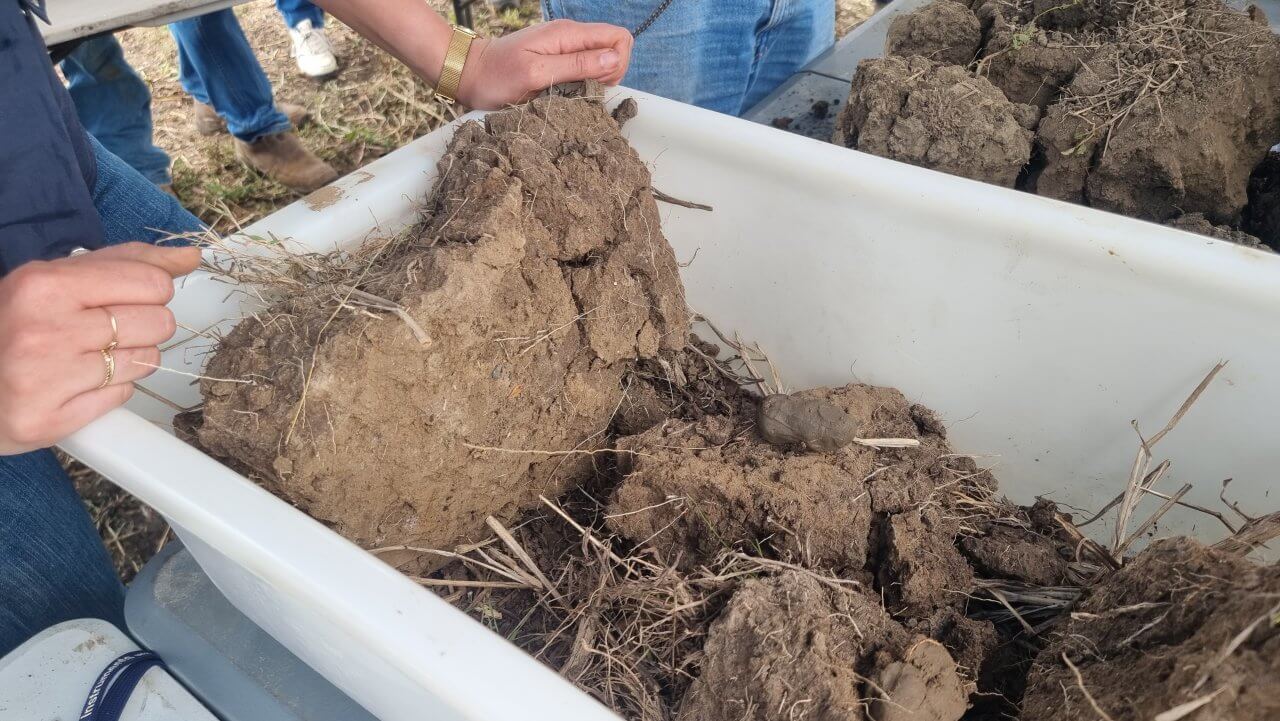
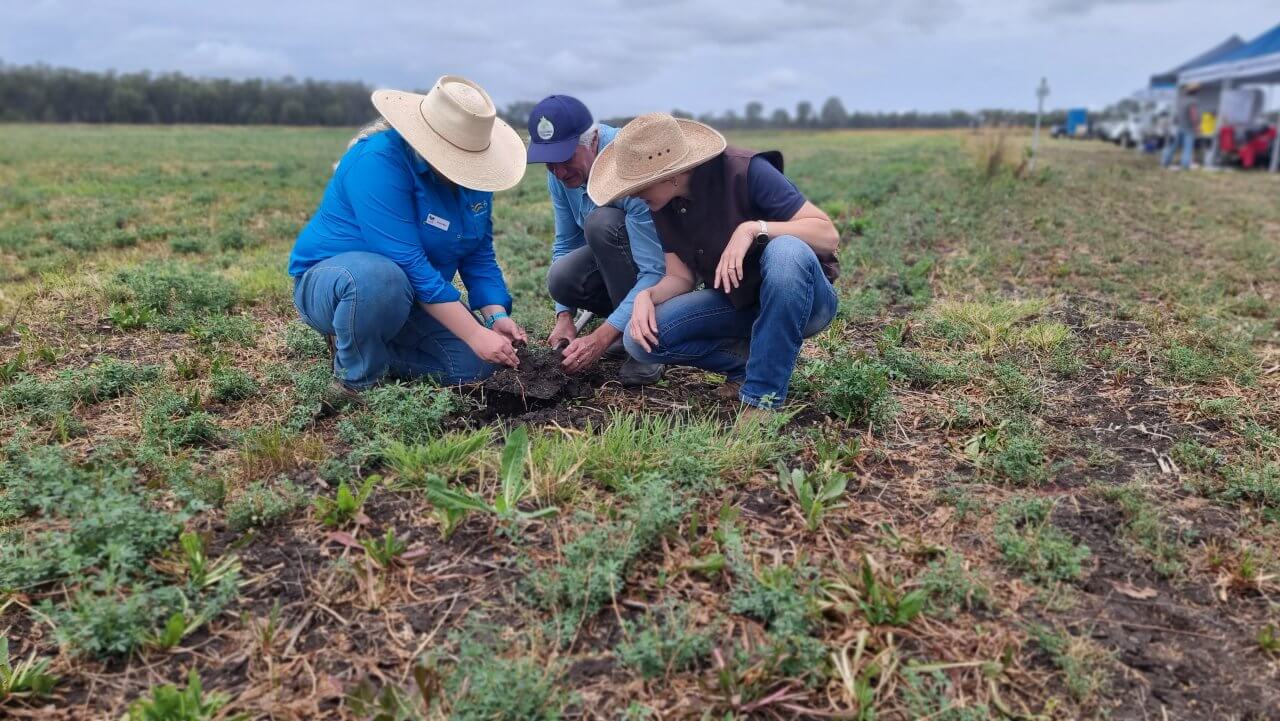
FBA’s Regional Agriculture Landcare Facilitator, Sheree Johnston added that, “It is also exciting to see that the organic carbon levels improved most evidently in the multi-species crop compared to the monoculture crop. Organic carbon is one of the greatest indicators of water holding capacity in soils. Results indicate that if producers can increase their organic carbon content with the use of multi-species crops and pastures, the potential to increase soil moisture is higher. This is important for the future of the Australian Agricultural Industry as the climate becomes more variable with limited rainfall”.
The information gathered from the trial will provide CQ land managers with a better understanding of their soil and how to get the best out of it. By utilising regenerative farming techniques land managers will work to improve their local environment as well as their enterprise.
The trial has involved many industry experts through support from Organic Nutrients Pty Ltd, University of Queensland and Gracemere Veterinary Surgery.
The trial will continue for another 12 months with hopes to run it even further into the future.
Justine noted, “maybe we’ve bitten off more than we can chew, but it’s been amazing. We look forward to continuing the trial, whether or not we’re succesful in securing more funding. It’s too important of a mission to stop now”.
If you would like to learn more about your soil health or be put in touch with Matt and Justine regarding the trial please contact FBA.
This project is supported by Fitzroy Basin Association, through funding from t he Australian Government’s
Future Drought Fund, Organic Nutrients P ty Ltd, University of Queensland – C ROWN, and Gracemere
Veterinary Surgery.





